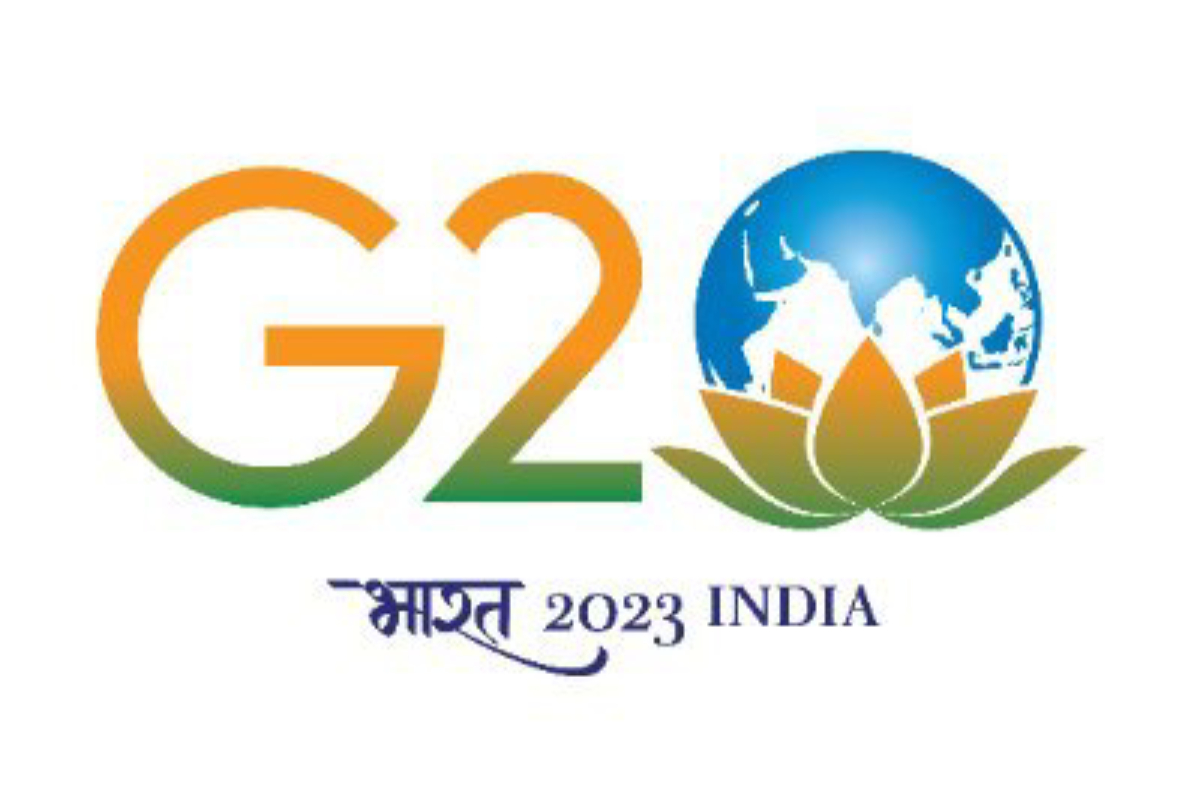Jaishankar to attend G20 foreign ministers’ meeting in S Africa
External Affairs Minister S Jaishankar will visit South Africa to participate in the G20 Foreign Ministers' Meeting from February 20-21.
The first three TIWG meetings were held in Mumbai, Bangalore and Kevadia respectively.

G20 [Photo: Twitter/@g20org]
The G20 Trade and Investment Ministerial Meeting TIMM will be held in Jaipur on 24-25 August.
The meeting will be preceded by the fourth and last Trade and Investment Working Group (TIWG) meeting under India’s G20 Presidency which will take place on 21-22 August in Jaipur.
Advertisement
The first three TIWG meetings were held in Mumbai, Bangalore and Kevadia respectively.
Advertisement
Both the meetings will be attended by more than 300 delegates, including trade ministers/secretaries and heads of delegations from G20 member countries, invitee countries, regional groupings and international organisations.
The deliberations will focus on building consensus on global trade and investment-related issues, along with accomplishing action-oriented proposals put forward by the Indian Presidency.
During the first and second TIWG meetings, five priority Issues, namely Trade for Growth and Prosperity, Resilient Trade and Global Value Chains GVCs, Integrating Micro, Small & Medium Enterprises MSMEs in World Trade and Logistics for Trade and World Trade Organisation WTO Reforms were extensively discussed among the G20 member/invitee countries.
In addition, knowledge partners made presentations during these meetings, outlining each of the subjects and outcomes emerging from them. Based on the opinions/suggestions expressed by the G20 member/invite countries in these discussions, the Indian Presidency has formulated action-oriented concrete proposals on each of the priority issues reflected in the ministerial Statement and its annexures.
Amidst the global headwinds that international trade growth is facing, it is opportune for the G20 to reaffirm that the rules-based multilateral trading system, with the WTO at its core, is indispensable for advancing our shared objectives of inclusive growth, innovation, job creation and sustainable development.
Technology has profoundly impacted the way cross-border trade is undertaken. Paperless trading system will further reduce transaction costs, make smaller shipments more cost effective, and will enable internationalization of operations at a lower cost, ensuring trade competitiveness in a rapidly digitalizing world and in G20 this issue has been taken up prominently.
It is also critical for the G20 to remove bottlenecks that impede integration of Micro, Small and Medium Enterprises (MSMEs) in international trade. Since MSMEs are vital for job creation and boosting GDP, it is apt for G20 to address three critical dimensions of inadequate access to business and trade-related information, finance and markets that hinder participation of MSMEs in global trade.
Further, as 70 per cent of the world trade manifests through Global Value Chains (GVCs), it is imperative for the G20 TIWG to deliberate on developing a mapping framework that could make GVCs resilient towards future shocks.
The G20 TIWG has also embraced the priority on WTO Reform to build consensus among countries for standing together to support the ongoing reform process and work constructively to achieve meaningful outcomes at the upcoming Thirteenth Ministerial Conference (MC13).
Advertisement